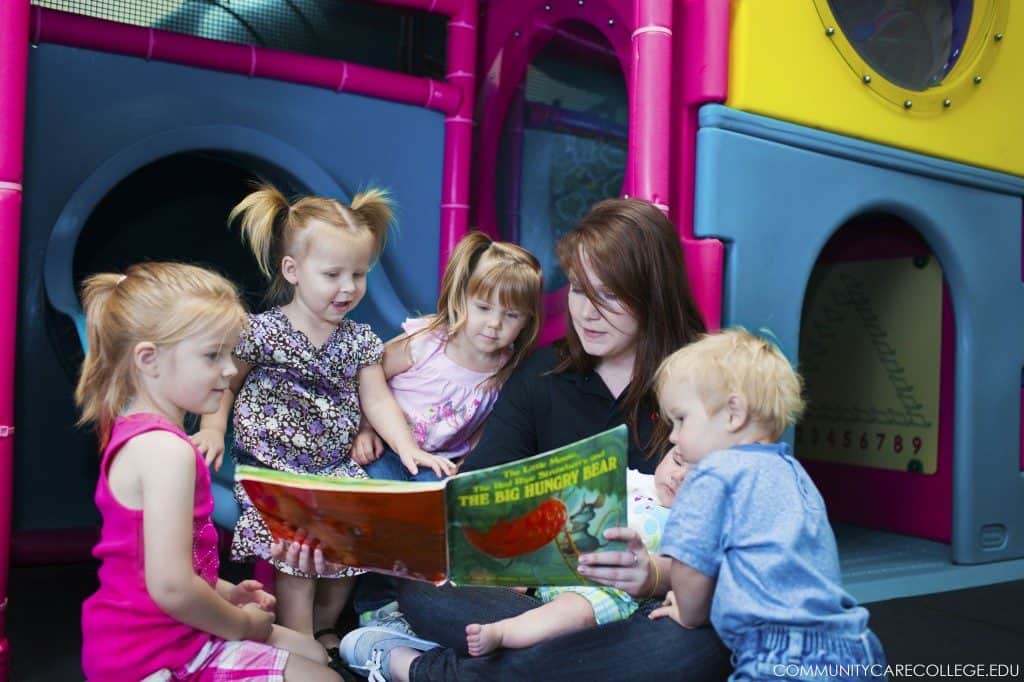
Years ago, there was no such thing as “Early Education.” It used to be the belief of many adults that young children went about their early years, 0-5 years of age, simply playing and having fun. Of course now, there is much research to support the idea that play itself is a wonderful way for children to construct information and learn new ideas.
Not only did play itself provide effective learning experiences, but also intentional teaching during these early years have proven to lay a solid foundation for future educational growth. A child’s brain was not quite as simple as some had believed it to be. Though there are many theorists in the mid 1900’s who helped bring about this new knowledge and research concerning Early Education, Jean Piaget was a pioneer in the field.
“Before Piaget’s work, Early Education wasn’t something that was thought to be important. The common assumption in psychology was that children are merely less competent thinkers than adults. Piaget showed that young children think in strikingly different ways compared to adults.” (www.simplypychology.com/piaget)
“Piaget’s continued interactions with young children became part of his life-long research. After reading about a child who thought that the sun and moon followed him wherever he went, Piaget wanted to find out if all young children had a similar belief. He found that many did indeed believe this. Piaget went on to explore children’s countless “why” questions, such as, “Why is the sun round?” or “Why is grass green?”
He concluded that children do not think like adults. Their thought processes have their own distinct order and special logic. Children are not “empty vessels to be filled with knowledge” (as traditional pedagogical theory had it). They are “active builders of knowledge-little scientists who construct their own theories of the world.” (www.scholastic.com)
Thank goodness for Jean Piaget and all the diligent men and women who researched and spent their lives to bring to light the wonderful significance and beautiful imagination of the early years in a child’s life.









